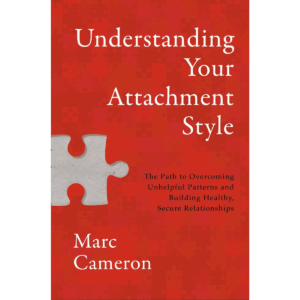From Parents
Sporadic, inconsistent attention based on parent’s needs and moods. More about a parent’s needs than a child’s needs. Child must wait for time and attention. Waiting magnifies a child’s longing for connection and makes them angry. Child feels ambivalent—”I want you, but I’m mad that I must wait and it’s never on my terms.”






